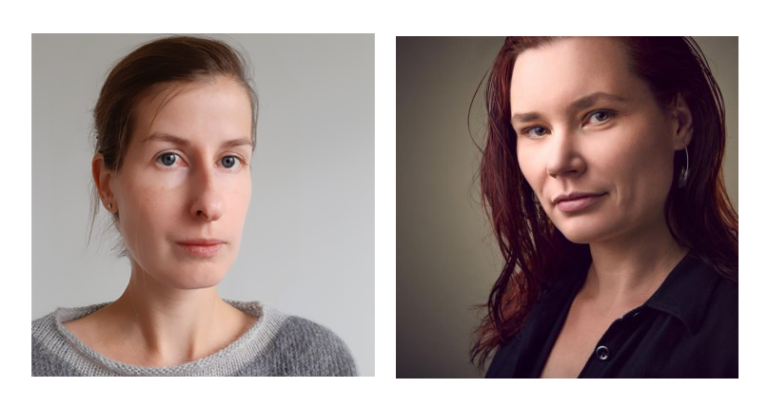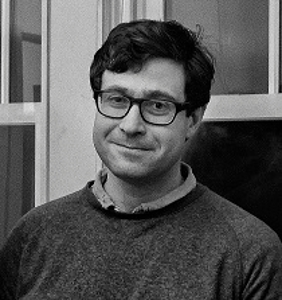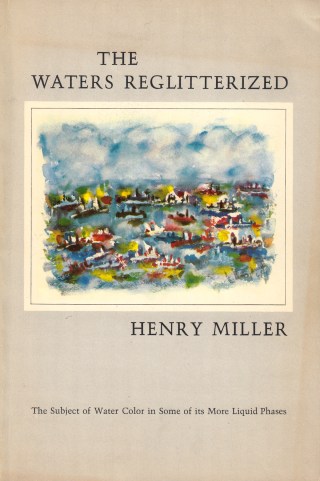The newest season of Hi-Phi Nation, the popular philosophy podcast hosted by Barry Lam (Vassar College), is a four-part series on the work and life of philosopher David Lewis.
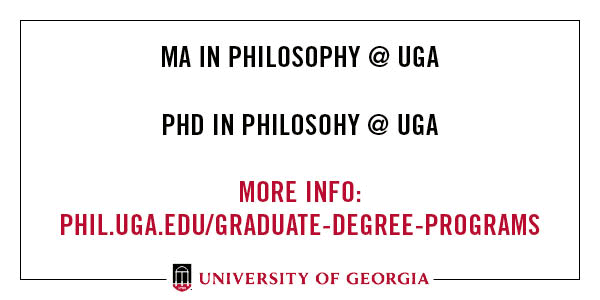
Yet, Steffi categorized him as a labor leftist. David’s father John Lewis was a political scientist at Oberlin and a solidly New Deal Democrat, as were the rest of the family, David’s brother Donald Lewis reports. His Swarthmore friends recall that David’s political views were not all that different then anyone else’s you’d expect at an elite liberal arts school in the early 60s, coming out of McCarthyism.
The Man of Many Worlds: A Series on David Lewis
by Barry Lam
You can listen to the series here.
I started collecting footage about David Lewis’ life when I visited the ANU in the summer of 2018. I didn’t intend to make a series about his life at the time. I had heard that his wife, Steffi Lewis, was not in good health, and I thought it would be a good idea for someone with some audio recording skills to take everyone’s oral history of David before those too faded from history. I couldn’t reach everyone, but I did get a lot of people. The best bits are in the series, but here are some things that I had to leave on the cutting room floor.
The series is my attempt at getting a nonacademic audience interested in a figure they don’t know about. I don’t think any of my editors at Slate ever heard of him. Lewis wasn’t political and he was far from a public intellectual. I hope the philosophy community enjoys the series as well.
In the following guest post*, Professor Lam talks about creating the series and shares a few details that were “left on the cutting room floor” but might be of particular interest to philosophers.
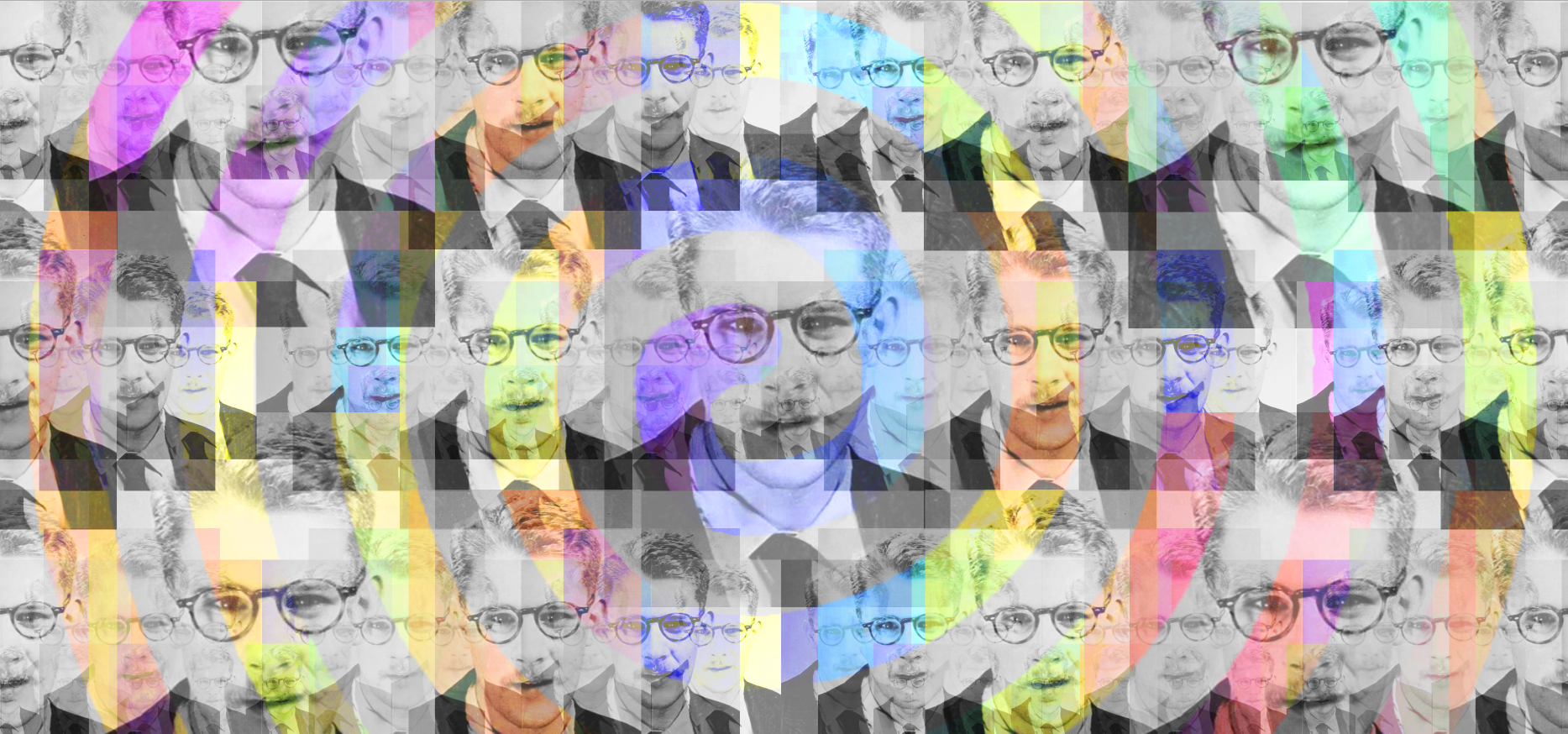
When David was on the job market, Steffi had decided that she too wanted to pursue a PhD in philosophy. He was going to accept a job where she was accepted into the graduate program. That was not going to be in Boston, the home of Harvard and MIT. Hilary Putnam, who wielded power at both departments, had told Steffi, in no uncertain terms, that he did not think she was going to be a good philosopher, and denied her admission at MIT. Steffi never forgave him for that. David’s star was rising, but Steffi’s was not. In her retelling, Putnam even went to UCLA on a visit and told her not to bother finishing. It was a feeling she attributed to other people in the department also, where Steffi did not receive any attention. Steffi told me that “members of the department were not eager to treat me as if i was going to make it as a philosopher.”
The other major character-narrative that ended up on the cutting room floor concerned Lewis’ politics. Here I got completely contradictory opinions from his friends and family. Some of his friends believed he was right-of-center on account of his resistance to affirmative action, his objection to the APA taking a formal position on the Vietnam war, and an anecdote of him being dismissive of a green-left pamphleteer on the streets of Melbourne. I also distinctly remember that in the month between 9/11 and his death, when I was a first year graduate student, Lewis taped an American flag on his office door, a flag that remained the rest of that year. Some of us graduate students speculated that underneath the abstract philosophy was someone who was deeply patriotic. In hindsight though, it is a ridiculous inference, as everyone was waving flags after 9/11. But mostly, the speculation that Lewis’ political views were right of center came from his close friendship with David Armstrong, whose opposition to 60s radicalism and the teaching of Marxism and Feminism at the University of Sydney is reported in James Franklin’s book Corrupting the Youth, and widely known in Australia.
Here is an interesting thing about Lewis. Every time I sat down to talk to anyone who knew him well, they would break into a spontaneous impression of him. Without fail. Their voice would rise about half an octave, their hand would straight to their chin and stroke an imaginary beard, their speech would slow, and they would speak in enumerated lists. Somehow the number 11 kept coming up. Lewis seemed to be working on 11 papers at a time, or had 11 objections to the speaker’s position. He regularly offered mnemonic devices to help his interlocutors remember all 11 points. Lewis was also beloved by all who were close to him, his brother, his sister, his students, and his close colleagues. The story I’m presenting in the series is a select set of anecdotes from particular moments of his life, a necessarily partial picture, just like the picture of his philosophy must be in a short series. He didn’t live a long life, but he lived a rich and fulfilling one. Everything he ever loved he did.
I wish I could have spoken to and included everyone who had close relationships with Lewis. Not all of it would have made it into the series, but he seemed to make a lifelong impact on everyone he worked with. Thank you to everyone who appears in the series; including Mark Schroeder, R. Jay Wallace, Helen Beebe, Anthony Fischer, Peter Anstey, Alan Hájek, Frank Jackson, John Bigelow, Philip Kitcher, Saul Kripke, Lise Menn, Meghan Sullivan, Steffi Lewis, Ellen Lewis, and Donald Lewis.
Steffi was told she was a good teacher, and got one-year jobs here and there teaching. When one of their good friends in their department, Richard Montague, was murdered in 1971, they were ready to leave, with no career prospects for the two of them together anywhere. By all accounts, David Lewis was a lifelong believer in meritocratic hiring, and did not and would never wield his own star power for a spousal hire. Steffi never finished, and went to business school. But she remained in philosophy the rest of her life. Putnam was wrong. She was a very good philosopher.
On the 20th anniversary of his death, and the 80th anniversary of his birth, I’m releasing a four part series on the life and works of David Lewis. It is titled “The Man of Many Worlds” and opens up the fifth season of Hi-Phi Nation. I hope you all enjoy (and share!) it.
